Through her generosity and expertise, Research Professor Maureen Groër (MSN ’80) is helping accelerate laboratory research in the College of Nursing.
Groër, now 80, has devoted over 40 years of her nursing career to biobehavioral research, investigating the links between biology and behavior.
The new College of Nursing Building includes the Groër Family VolBiome Lab, a 1,200-square-foot state-of-the-art facility named in honor of Groër’s $250,000 gift, which created the Dr. Maureen Groër Nursing Research Endowment. Annual earnings from the endowment will support lab research projects by funding equipment purchases, publication expenses, professional development opportunities, consultants’ fees, and data collection and analysis.
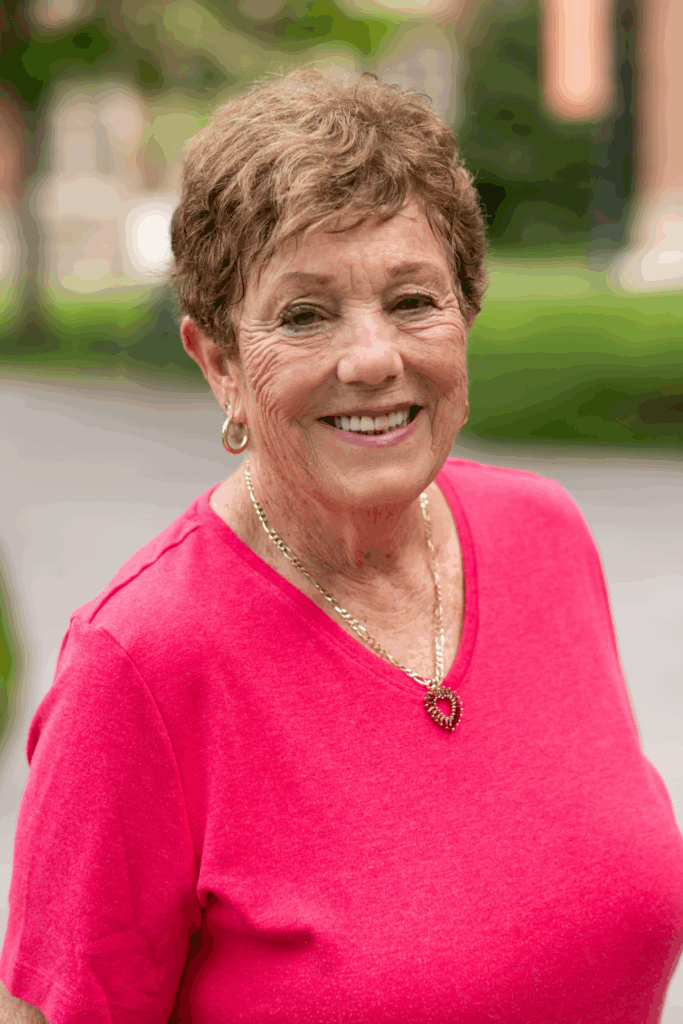
Groër will conduct her own research in the lab and mentor junior faculty studying the connection between what happens in the gut and what happens in the brain.
“The gut is like a grand master of many other systems of the body,” Groër said.
From Polio Survivor to Research Professor
Groër decided she wanted to be a nurse after surviving polio as a child.
During her hospitalization and rehabilitation, she was cared for by a small army of nurses. The experience sparked her desire to care for the sick.
After becoming a nurse, Groër earned a bachelor’s degree in biology from Newton College of the Sacred Heart in Boston, a master’s degree in biology from Boston University, a doctorate in human physiology and biophysics from the University of Illinois Medical Center, and a Master of Science in Nursing from UT.
From 1977 to 1992, Groër served on the college’s faculty as an associate professor, professor, and director of the doctoral program.
After a five-year stint at Massachusetts General Hospital’s Institute of Health Professions in Boston, Groër returned to UT from 1997 to 2006. She was associate dean for research and evaluation, conducting research and mentoring colleagues in the small Kenneth Walker Biological Laboratory.
In 2006 Groër UT left for the University of South Florida, and the College of Nursing’s biological research “took a hiatus,” in the words of Associate Dean of Research Tami Wyatt.
In 2022, after retiring from USF, Groër moved back to Knoxville to be closer to her grown sons and grandchildren. Though in her late 70s, she wasn’t ready to hang up her lab coat. She returned to the college as a research professor to continue her own research, present guest lectures, and mentor junior faculty.
Groër’s return has helped reinvigorate the college’s biological nursing research. And now, Wyatt said, “It’s definitely part of our research model.”
Groër said the name VolBiome was coined by the research team.
“We always try to have nifty names for grants and projects,” she said. One researcher suggested that the lab’s name should have Vol in it; Groër said they should add Biome since that’s the focus of their research.
By emphasizing the biological angle, the VolBiome Lab expands the college’s research, which has traditionally been more focused on behavioral and social sciences.
Eye to the Future
In the Groër Family VolBiome Lab, nursing faculty will study issues at the intersection of biology and behavior, such as the links between stress and immunity, the health impacts of childhood trauma, the long-term effects of low-birthweight babies spending long stretches in the neonatal intensive care unit, and neonatal abstinence syndrome, a condition that occurs in newborns when they are exposed to certain drugs such as opioids before birth.
Groër herself is analyzing 740 samples of blood and cells collected from pregnant Hispanic women. The data will help her study the metabolism of expectant mothers to look for early pregnancy clues that can predict dangerous labor outcomes like pre-eclampsia and gestational diabetes.
“We explore relationships in new ways using very sophisticated artificial intelligence computer-assisted approaches,” she said.
Groër is mentoring several junior faculty engaged in biological research in the VolBiome.
She is working alongside Assistant Professor Ji Youn Yoo and Research Assistant Professor Anjuit Sarkar on the TennWell Project, funded through the UT System’s Grand Challenge Grants Program. The project’s goal is to understand how social determinants of health and physiological factors such as the gut microbiome affect academic performance and overall well-being in adolescents.
Both Yoo, of South Korea, and Sarkar, of India, completed postdoctoral study with Groër at USF and followed her to UT.
“Yoo is a nurse with strong microbiology training and is interested in early-life stress and stressful occupations and the microbiome,” Groër said. “Sarkar has a PhD in genetics, and he does bioinformatics analysis for the team.”
Two other junior faculty members working with Groër in the lab are Assistant Professor Katherine “Katie” Morgan, who is studying microbiome and metabolome in neurodegenerative diseases, and Assistant Professor Jennifer Miller, who is focusing on neonatal abstinence syndrome.
As the college begins a new chapter in the scope of its research, Groër’s name on the lab is a footnote to her role in making that happen.
“The fact that the College of Nursing has a sophisticated lab like that makes us premier,” she said.
—
CONTACT:
Kara Clark Cardwell ([email protected], 865-974-9498)

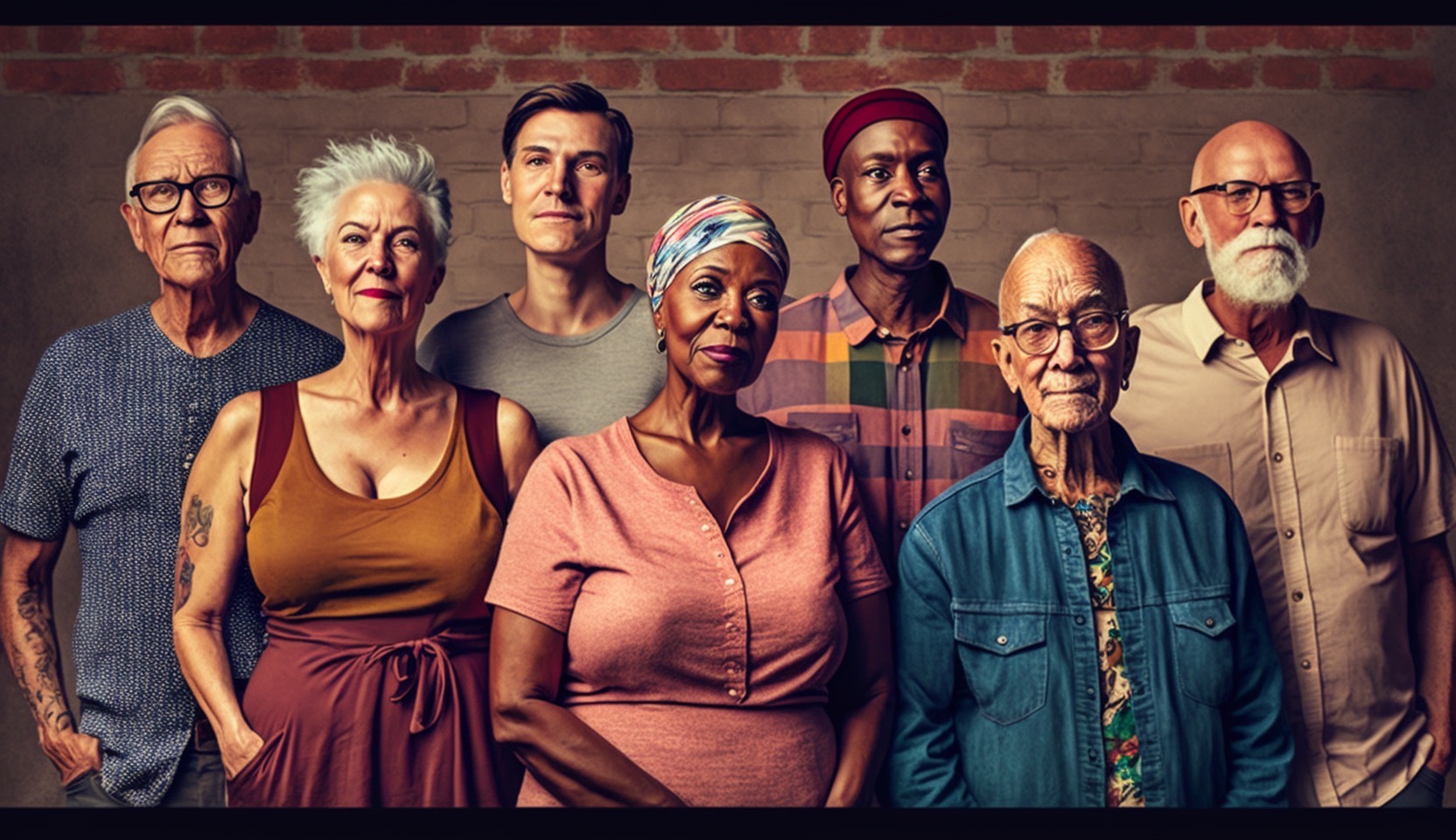
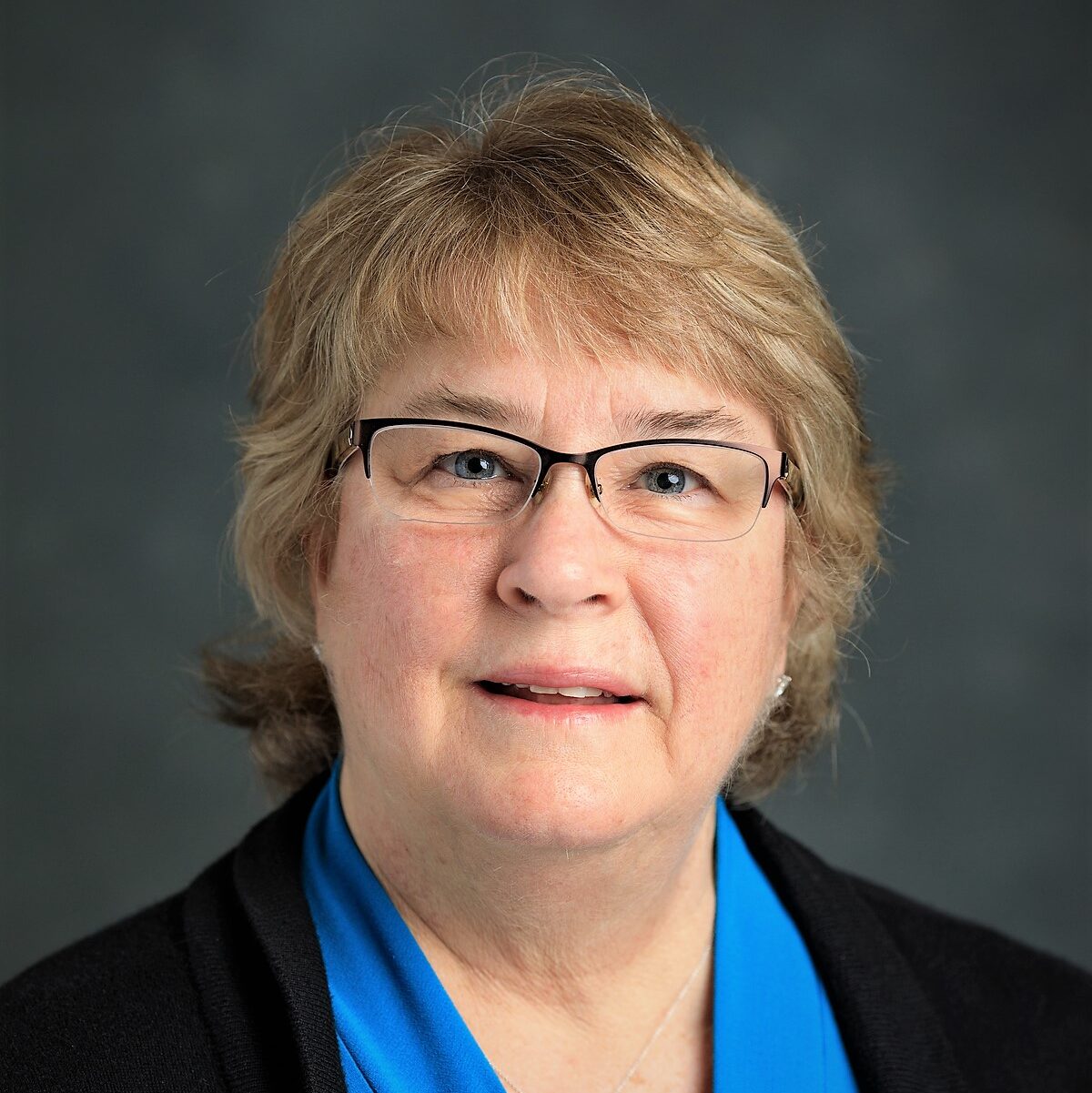
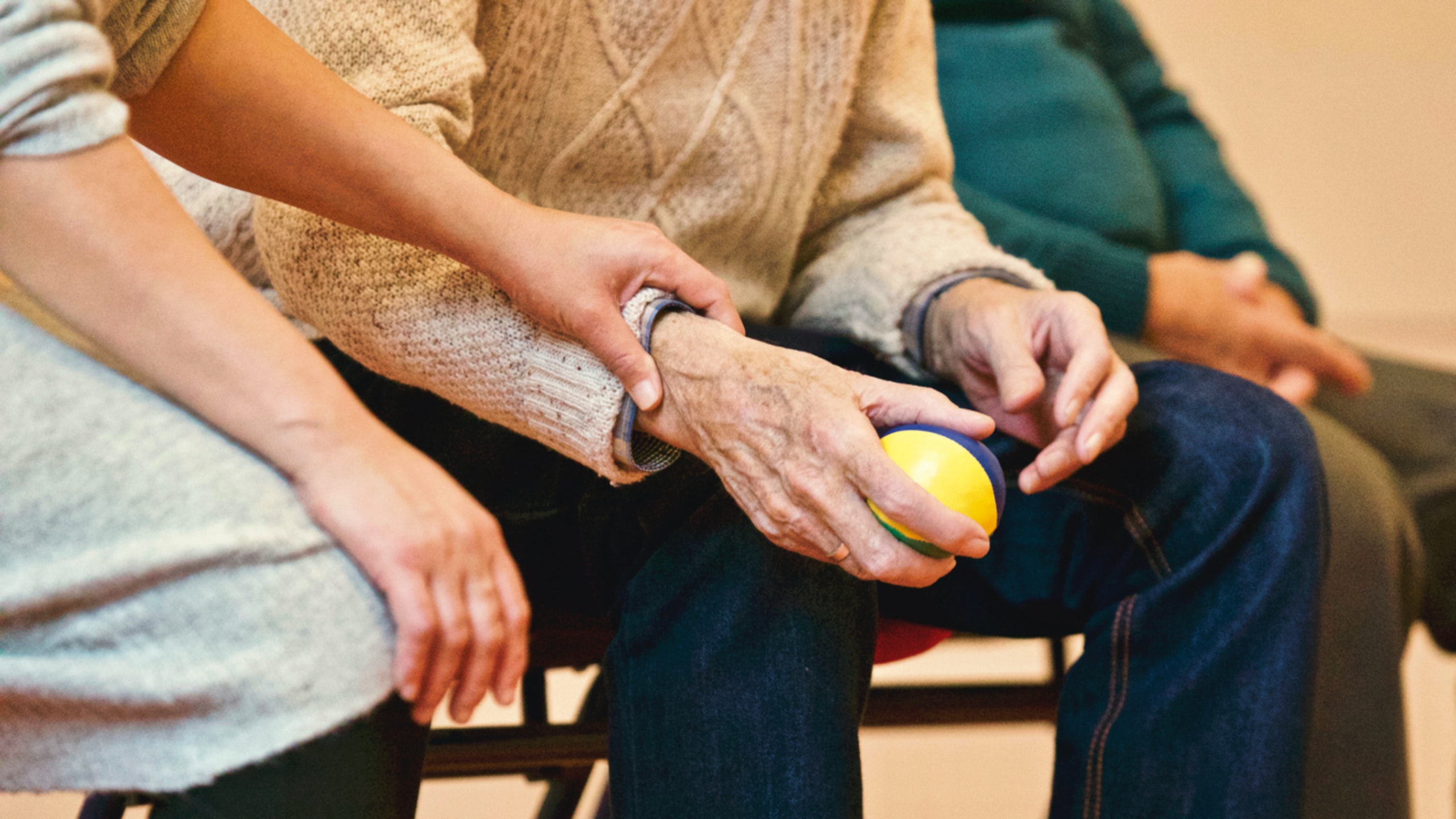
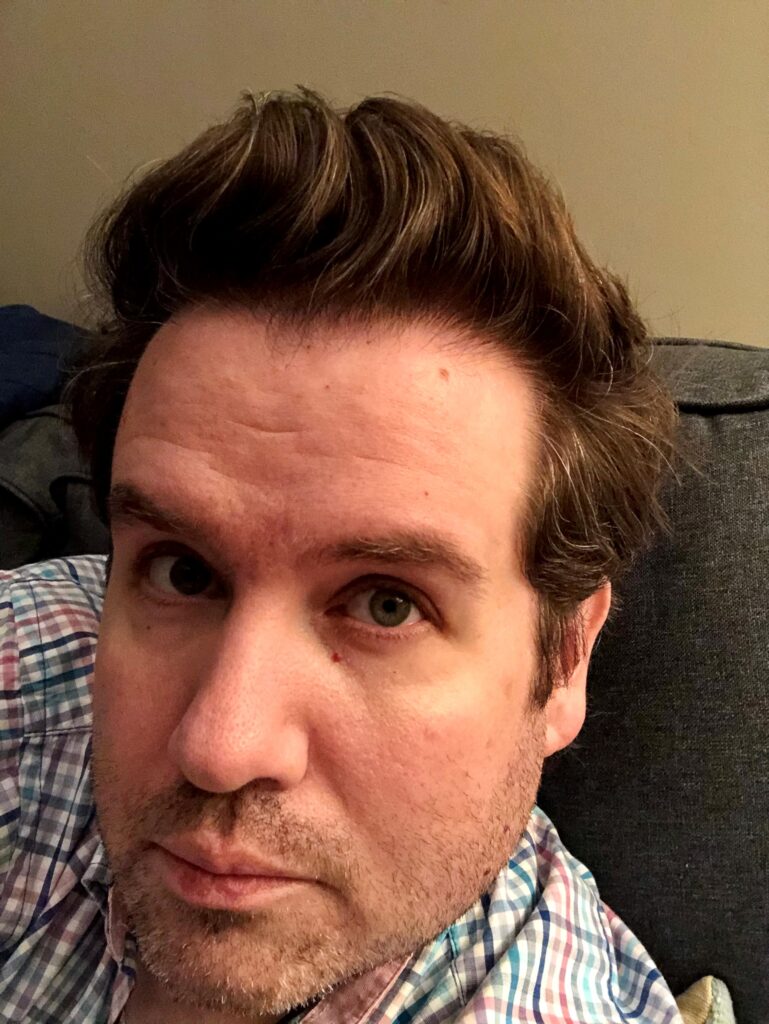
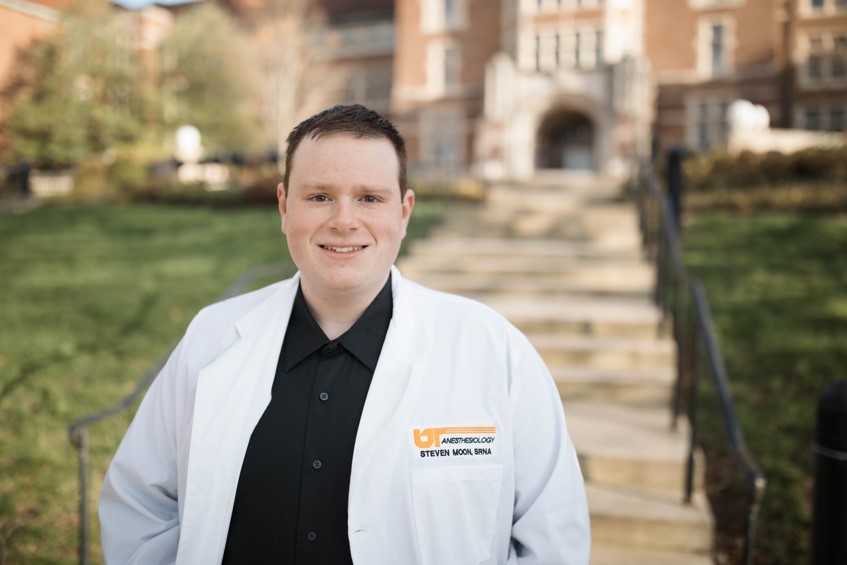



 Associate Professor Lisa C. Lindley has received a four-year award of $1.5 million from the National Institutes of Health National Institute of Nursing Research for her project “Effectiveness of Concurrent Care to Improve Pediatric and Family Outcomes at End of Life.” The study will investigate the impact of concurrent hospice care compared to standard hospice care in improving continuity and quality of pediatric end of life. Lindley will be working with an interdisciplinary team of pediatric end-of-life scholars from nursing, medicine, and health care economics to conduct the first-ever concurrent care study with children and adolescents in hospice care, using nationally represented Medicaid data from 2011 and 2013. The study will compare the effectiveness, potential burdens, and cost of concurrent care compared to standard hospice care for children and adolescents. The findings will expand our understanding of pediatric concurrent care and will inform clinicians and families of the value of this intervention for children and adolescents. This line of investigation is ultimately expected to improve care and outcomes for children, adolescents, and their families at end of life.
Associate Professor Lisa C. Lindley has received a four-year award of $1.5 million from the National Institutes of Health National Institute of Nursing Research for her project “Effectiveness of Concurrent Care to Improve Pediatric and Family Outcomes at End of Life.” The study will investigate the impact of concurrent hospice care compared to standard hospice care in improving continuity and quality of pediatric end of life. Lindley will be working with an interdisciplinary team of pediatric end-of-life scholars from nursing, medicine, and health care economics to conduct the first-ever concurrent care study with children and adolescents in hospice care, using nationally represented Medicaid data from 2011 and 2013. The study will compare the effectiveness, potential burdens, and cost of concurrent care compared to standard hospice care for children and adolescents. The findings will expand our understanding of pediatric concurrent care and will inform clinicians and families of the value of this intervention for children and adolescents. This line of investigation is ultimately expected to improve care and outcomes for children, adolescents, and their families at end of life. Associate Professor Sandra Mixer has received a four-year award of $2.6 million from the US Health Resources and Services Administration for her project “Transforming RN Roles in Community-Based Integrated Primary Care through Academic Practice Partnership.” The project supports the expansion of the academic practice partnership between the College of Nursing and Cherokee Health Systems (CHS), a nonprofit organization that provides primary care, behavioral health, and addiction services to more than 70,000 people throughout Tennessee. BSN students will be recruited and trained to provide integrated services to culturally diverse rural and underserved populations at four CHS sites in East Tennessee. The program includes both an innovative undergraduate nursing curriculum change and advancement of the RN workforce through professional development in primary and preventive care. It will provide the region’s first comprehensive community-based integrated primary care (CBIPC) training for students and RNs, with a focus on primary care, population health, and interprofessional education and practice and an emphasis on chronic disease prevention and control, recovery-based mental health and substance use, and childhood obesity. Faculty and clinical partnership liaisons and clinical coaches will serve as role models, preceptors, and mentors to students through more than 300 hours of clinical experiences in CBIPC teams over two years. Nursing workforce projections for the next decade forecast an unprecedented need for nurses to expand their roles in preventive, primary, and chronic care, and CBIPC training will uniquely qualify our BSN graduates to meet those challenges.
Associate Professor Sandra Mixer has received a four-year award of $2.6 million from the US Health Resources and Services Administration for her project “Transforming RN Roles in Community-Based Integrated Primary Care through Academic Practice Partnership.” The project supports the expansion of the academic practice partnership between the College of Nursing and Cherokee Health Systems (CHS), a nonprofit organization that provides primary care, behavioral health, and addiction services to more than 70,000 people throughout Tennessee. BSN students will be recruited and trained to provide integrated services to culturally diverse rural and underserved populations at four CHS sites in East Tennessee. The program includes both an innovative undergraduate nursing curriculum change and advancement of the RN workforce through professional development in primary and preventive care. It will provide the region’s first comprehensive community-based integrated primary care (CBIPC) training for students and RNs, with a focus on primary care, population health, and interprofessional education and practice and an emphasis on chronic disease prevention and control, recovery-based mental health and substance use, and childhood obesity. Faculty and clinical partnership liaisons and clinical coaches will serve as role models, preceptors, and mentors to students through more than 300 hours of clinical experiences in CBIPC teams over two years. Nursing workforce projections for the next decade forecast an unprecedented need for nurses to expand their roles in preventive, primary, and chronic care, and CBIPC training will uniquely qualify our BSN graduates to meet those challenges. Kim Powell joined the college in August as an assistant professor. She received her PhD along with a graduate certificate in health policy from the University of Tennessee, Knoxville, an MSN from Spalding University and a BSN from Purdue University.
Kim Powell joined the college in August as an assistant professor. She received her PhD along with a graduate certificate in health policy from the University of Tennessee, Knoxville, an MSN from Spalding University and a BSN from Purdue University.